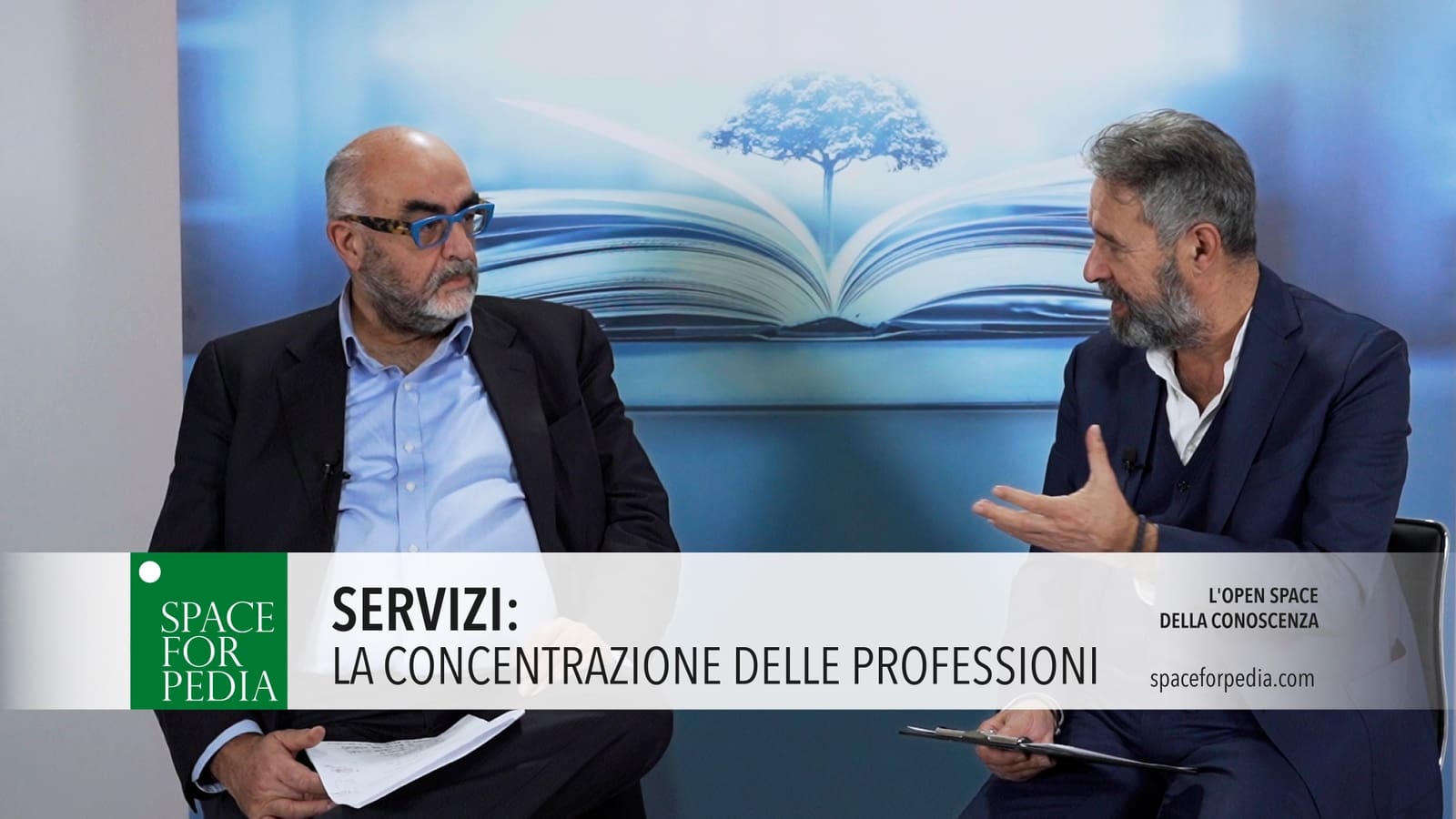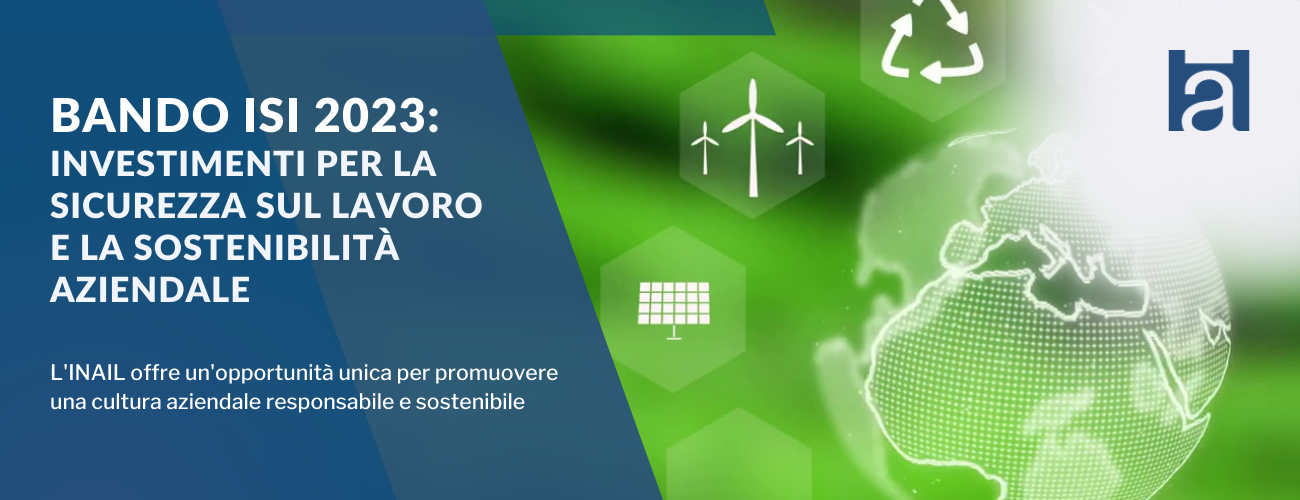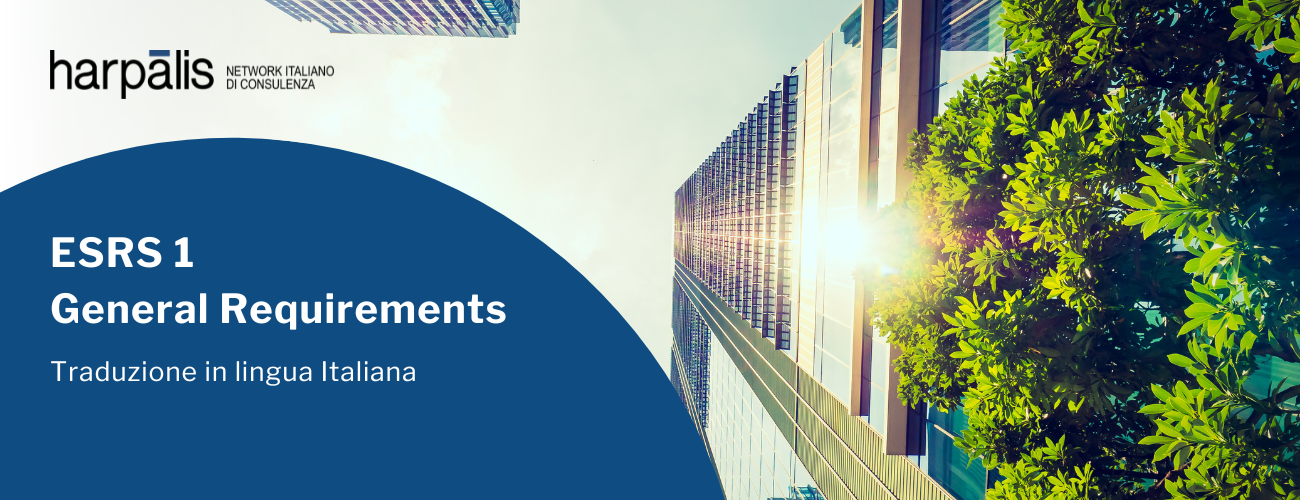With the growing concentration of markets and supply chains, one of the major issues to address at the moment, together with digitisation and sustainability, is that of aggregation. There are significant numbers that give an idea of the magnitude of the phenomenon: self-employed workers are decreasing while concentrations in professional studies of a certain quality are increasing. . Luca Parenti, one of the founders of Harpalis, talks about it at Space for Pedia, the open space of knowledge.
More and more, companies need to make quick decisions in short timeframes and to be constantly supported on this path. Spaces are being opened for new professionals who have traditional skills but with new organisational models, which allow them to be closer to companies and their many new needs.
In recent years the market for business services has changed, following the evolution of companies’ needs: SMEs are moving to a more complex type of organisation, and they need to aggregate for organisational, financial and market reasons. The same applies to the professions, which likewise only reflect companies’ requirements, so they too find themselves needing to aggregate.
The market has become more complex today, so traditional services have been joined by many others. There are factors that influence all this, first and foremost the ongoing digital transformation. Entrepreneurs must first ask themselves questions, reflecting first of all on their positioning to then understand what services they need. There are three priority themes that entrepreneurs should focus on: internationalisation, sustainability and financial balance.
The services provided by professionals, whether they may be traditional or modern, must be value-added and must in any case be offered in an organised form in synergy with each other, in the name of multidisciplinarity: the response of one specialist must transform into that of more specialists. Organisations and aggregations allow exactly this: the traditional formula of regional protection with a new element comprising organised delivery of services, which brings a response from more specialists in a reasonable timeframe.



